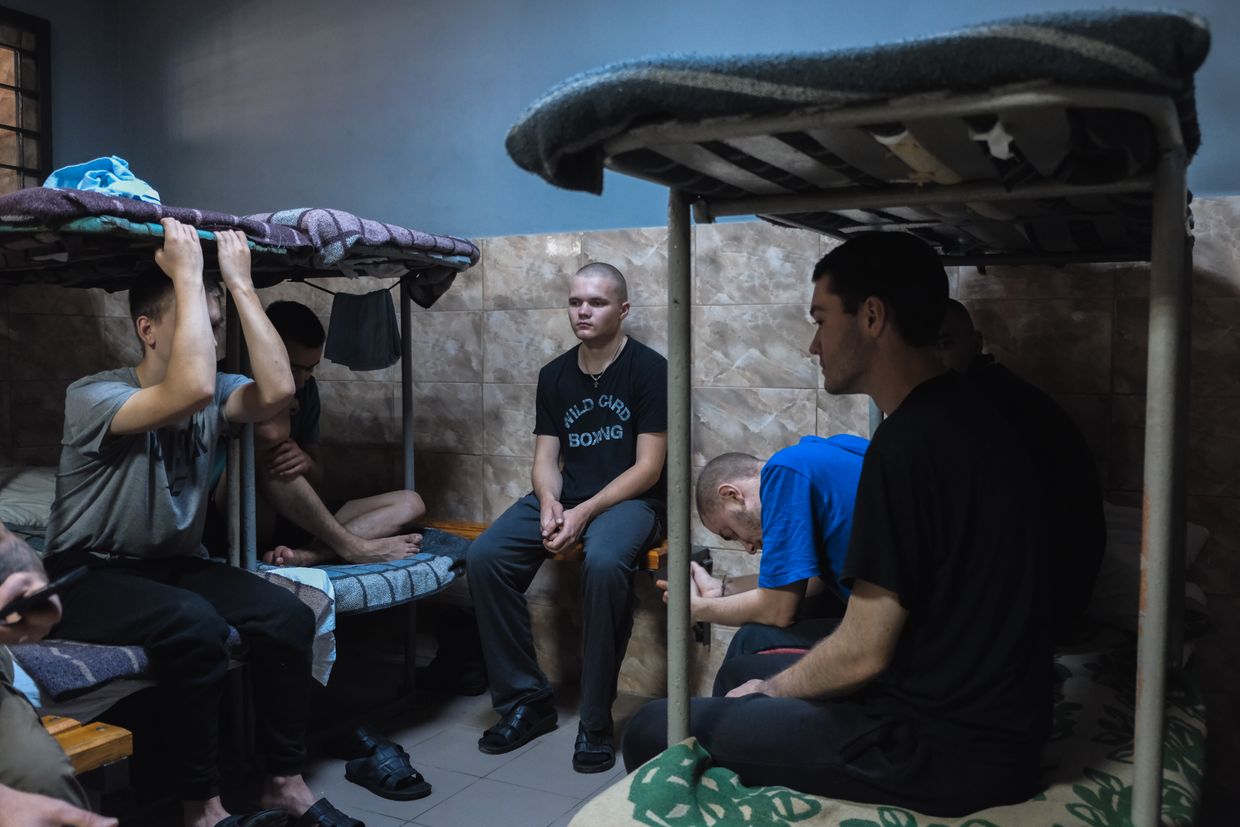Ukraine's Kursk incursion 'demonstrates that Russia is at the limit of its capabilities,' says former US NATO ambassador

Ukraine's incursion into Kursk Oblast "demonstrates that Russia is at the limit of its capabilities," said Kurt Volker, former U.S. ambassador to NATO, at the Globsec conference in Prague on Aug. 31.
As Kyiv's incursion into Kursk Oblast entered its fourth week, Ukraine is in control of 1,294 square kilometers (around 500 square miles) and 100 settlements, including the town of Sudzha, Commander-in-Chief Oleksandr Syrskyi said on Aug. 27.
"(Russia) can't attack Ukraine and defend Russia at the same time, it has had to make a choice," Volker said.
"It's going to have to move forces from Ukraine to defend Russia. That movement is something we should be taking advantage of with long-range systems to hit them while they move," he added.
The incursion further shows that "Russia does not have the ability to escalate," Volker said.
Separately, Ukrainian lawmaker Olena Khomenko said that the Kursk incursion "proves that there are no real risks of Russian escalation, and there are no Russian red lines."

"(Russian President Vladimir) Putin's only reaction was pretending that nothing special is happening," she added.
The Kursk incision also erodes the narrative that Russia is trying to portray to its domestic audience that the full-scale war is not truly a war, said Volker.
In terms of the larger dynamics of the war, the incursion alters the trope that any future negotiations between Russia and Ukraine begin with concessions from Kyiv.
"Now it is more of a question of a trade," Volker said.
"Russia has to give something up in order to get something as well, that has not been the case before."













